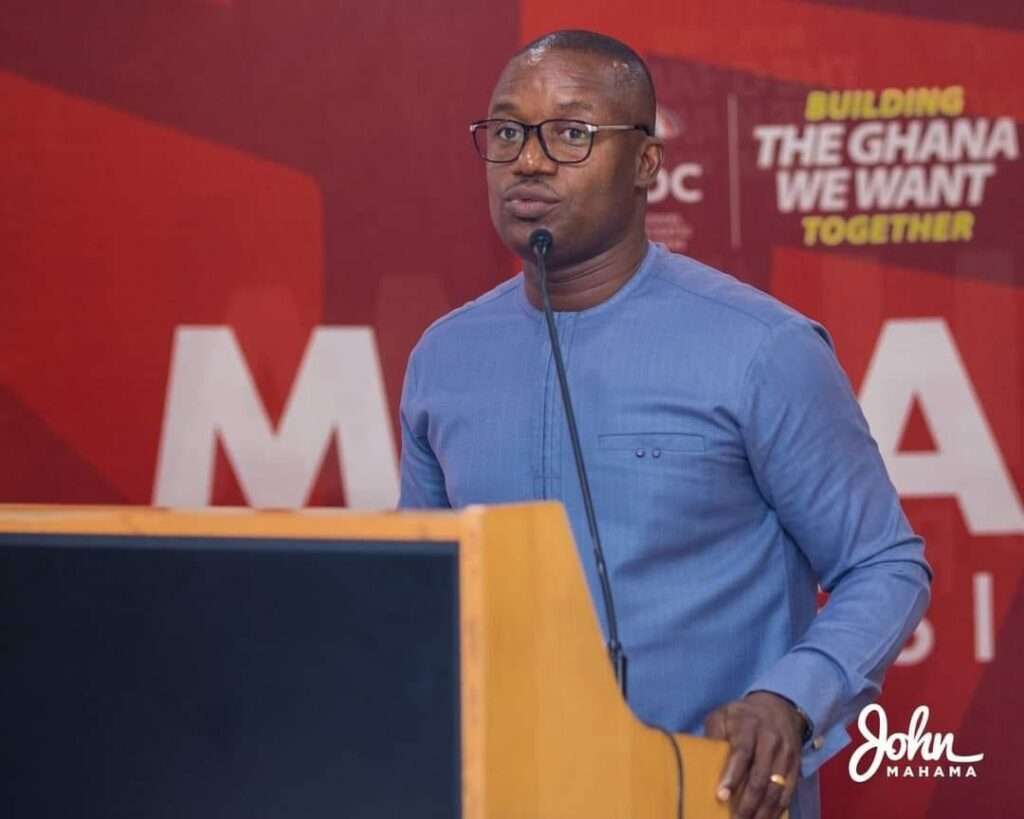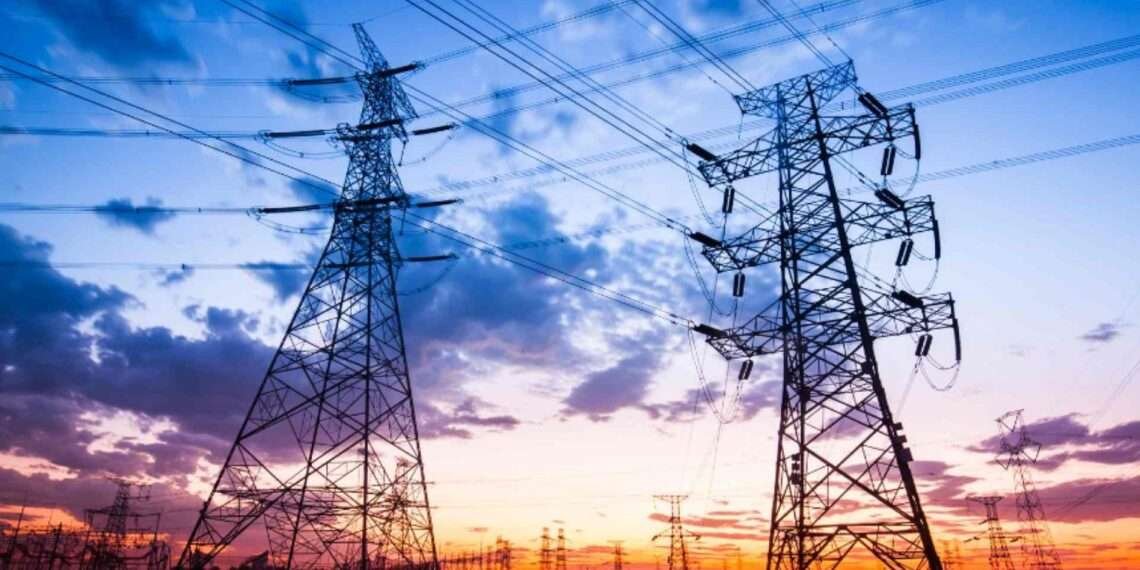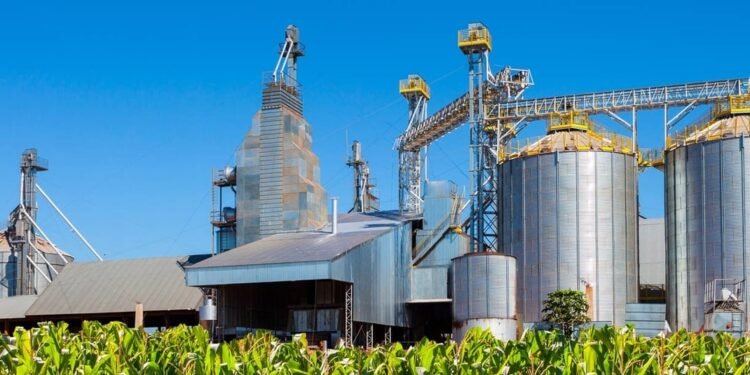Ghana’s energy sector, a critical pillar for the nation’s economic growth and development, is facing significant challenges rooted in inefficiencies, mismanagement, and inter-agency coordination lapses.
These issues have placed a severe financial strain on the country and raised concerns about the prudent use of national resources.
The Minister of Energy and Green Transition, Hon. John Abdulai Jinapor, recently highlighted these challenges during a visit to the Tema Harbour, bringing to light alarming practices and inefficiencies that threaten the stability of the sector.
One of the key issues raised by the minister pertains to stranded containers at the Tema Harbour. According to Hon. Jinapor, the Electricity Company of Ghana (ECG) has contracted suppliers to ensure the clearance of these containers, which contain critical energy infrastructure and equipment.
However, as of the minister’s visit, approximately 2,500 containers remain stranded at the port, incurring significant demurrage charges.
“So far, the demurrage alone is estimated at GHS 1.5 billion,” Hon. Jinapor revealed. The minister further explained that some suppliers, unable to clear these containers, exploit the situation by purchasing the same equipment at significantly reduced prices on the open market.
“Our checks show that some suppliers import a container that costs about $500,000.
“When ECG is unable to clear that container, they go back and buy it at a low price of $100,000, and it finds itself in the market again.”
Hon. John Abdulai Jinapor, Minister of Energy and Green Transition
This practice not only results in substantial financial losses but also highlights the inefficiencies plaguing the energy sector’s supply chain.
The stranded containers issue underscores a broader problem of poor inter-agency coordination within Ghana’s energy sector.
The lack of streamlined processes and effective communication between key stakeholders has contributed to delays in clearing essential equipment, ultimately affecting the delivery of reliable power.
Such lapses have ripple effects on the entire sector. Equipment delays hamper infrastructure development and maintenance, while financial losses incurred through demurrage and inefficiencies place an additional burden on already stretched resources.
Financial Burdens and Sector Collapse Threats

The financial implications of these inefficiencies are staggering. Beyond the GHS 1.5 billion in demurrage costs, the energy sector continues to grapple with challenges such as mounting debts to Independent Power Producers (IPPs), delays in fuel procurement, and revenue collection shortfalls.
“Indeed, for the past few days, we’ve been managing, particularly the power sector tightly.
“Getting fuel and paying IPPs continues to be a major hurdle.”
Hon. John Abdulai Jinapor, Minister of Energy and Green Transition
He warned that without urgent reforms, the sector faces the risk of collapse.
“If we do not get this sector properly sorted out, no matter what we do, it will collapse.
“Looking at the record, I’m very, very worried, and the situation is alarming. Something must be done urgently.”
Hon. John Abdulai Jinapor, Minister of Energy and Green Transition
Hon. Jinapor’s remarks reflect the government’s commitment to addressing inefficiencies and promoting prudent resource management in the energy sector.
He stressed the need for transparency, accountability, and efficiency to ensure that the sector serves the interests of all Ghanaians.
“What we are seeking to do is to bring efficiency, to bring some level of accountability, transparency, and ensure that we turn things around.
“ECG belongs to all of us. We have a duty as a government to serve the ordinary Ghanaian.”
Hon. John Abdulai Jinapor, Minister of Energy and Green Transition
The minister’s call for reform aligns with broader efforts to address systemic issues, improve governance, and enhance operational efficiency within the energy sector.
The challenges facing Ghana’s energy sector require immediate and decisive action to avert further financial losses and ensure sustainable growth.
As Hon. John Abdulai Jinapor aptly noted, the sector’s stability is critical not only to the economy but also to the well-being of all Ghanaians.
By addressing inefficiencies, fostering transparency, and promoting prudent resource management, the government can turn the tide and position the energy sector as a catalyst for national development.
The path forward demands bold leadership, coordinated efforts, and a shared commitment to building a resilient and efficient energy system that meets the needs of present and future generations.
READ ALSO: President Mahama Announces Seven-Member Team to Plan National Economic Dialogue























